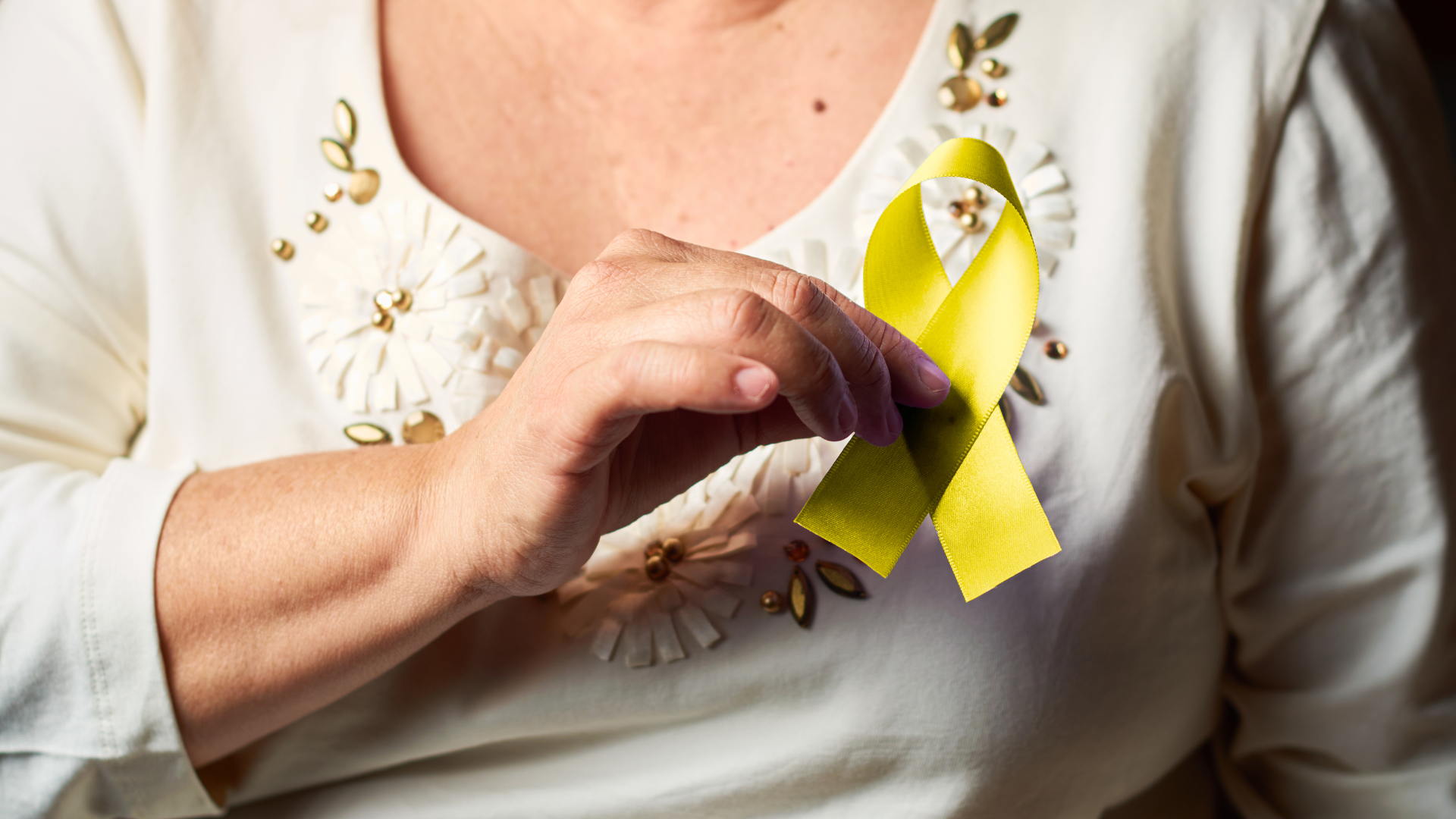In honor of World Suicide Prevention Month, it’s crucial to turn our focus to an often-neglected issue — the aftermath of suicide and its profound impact on survivors. This article aims to illuminate the myriad emotions experienced by individuals coping with the loss of a loved one to suicide. In a world still tainted by stigma, it’s our responsibility as a community to extend a compassionate hand to those struggling, providing a safe space and understanding to guide them on their path to healing.
Suicide is a complex and personal issue that affects not just the departed but also those left behind. The ripple effect is vast, leaving survivors feeling confused, angry, and burdened with guilt. As mental health advocates, it’s crucial that our conversations include recognition of the importance of supporting those navigating the challenging aftermath of suicide loss. Together, we can foster an environment where empathy and support play pivotal roles in mending the shattered pieces of lives fractured by the tragedy of suicide.
Suicide: The Numbers
According to WHO, there are at least 700,000 people lost to suicide every year. It is also the fourth leading cause of death among 15-29-year-olds globally in the year 2019. In 2020. Philippine suicide has claimed the lives of 4,420 individuals. There is also an increase in suicide cases among the youth. In 2021 there are a total of 404 learners from public schools committed suicide during the height of the pandemic and 2,147 attempted.
These statistics vividly depict the global and local challenges associated with suicide. They also underscore the profound impact on the individuals left behind, who grapple with the weight of loss and the often overwhelming sense of guilt associated with losing a loved one.
Grief from Suicide Loss
Grief is that overwhelming feeling that follows the loss of a loved one. It’s like a heavy weight on your heart. It’s not just sadness – it can physically affect you too, making you feel drained and exhausted. It is a challenging and devastating process to go into. What’s more when a person suffers grief as a result of suicide loss.
Grief from suicide appears different because suicide loss usually happens suddenly without any warning signs. This sudden loss can magnify the intensity that people usually experience when grieving. Suicide loss can also leave us feeling guilty, there is the feeling of shame and anger towards self or the person who committed suicide.
Some would also resort to self-blame and the usual narratives would be “Kasalanan ko to kasi hindi ko nakita agad na hindi pala siya okay” or “If I was only there for her every time that she feels depressed things could have been different”. While guilt and self-blame could occur you must also remember that you can just do so much in helping these people but you are in no way in control of the decisions they will make. Be kind to yourself.
Helping You to Move Forward
Navigating the grief that comes with the loss of a loved one to suicide is an intricate and deeply personal journey. In this challenging process, it’s essential to recognize the profound power within each of us to shape the path our grief takes. While there’s no magic remedy to erase the pain, there are steps we can take to gently guide ourselves forward.
1. Be Patient and Practice Self-Compassion
Be patient with yourself and others: those who are supportive of you as well as those who do not seem to understand. Limit your contact with those who tell you how to feel and what to think. Take time to heal. Set limits for yourself, and give yourself permission to say “no” to things that may come your way. Do not set unrealistic expectations for yourself or an unreasonable timeline for when you should be “over” the person’s death.
2. Your Loved One’s Life was more than their Suicide
I remember when one of my favorite K-pop artists (Jonghyun of SHINee) took his own life For quite some time people would associate him with suicide. His name would always pop up every time there were issues related to suicide. But his life is more than the way he died. He was a great singer, a talented artist, a loving father to his dog Roo, a loving son and brother to her mom and sister, and a family to his members. Due to the stigma attached to suicide, there would be moments when we feel like it is a topic that we should not be talking about but remember that they are more than what happened. They are people that need to be celebrated.
3. It’s a Process
Don’t rush yourself. Losing someone to suicide is a tremendous blow, and healing must occur at its own pace. Don’t be hurried by anyone else’s expectations that it’s been “long enough. Don’t rush yourself. Losing someone to suicide is a tremendous blow, and healing must occur at its own pace. Don’t be hurried by anyone else’s expectations that it’s been “long enough.
4. Reach Out For Help
It’s very important to find people in your life who are good listeners, so you can turn to someone when you need extra support. You may find it helpful to talk to a friend, family member, or a mental health professional. Some find joining a support group helpful since each person will be able to relate in different ways to your experience.
In these moments, it’s crucial to understand that your pain is valid, and healing is a unique and gradual process. There’s no rush, and it’s okay to take the time you need. As we navigate this journey, let’s find solace in the colorful memories that paint a rich portrait of the lives we cherish. These memories are a source of comfort, a reminder that, even in tough times, we can hold onto the warmth and joy that our loved ones brought into our lives.
If you need help in navigating your grief or you are finding people that can support you you can join in our community forum and talk to our psychologist. You can do that by downloading the Mind You app or visiting www.mindyou.com.ph/public to learn more.





